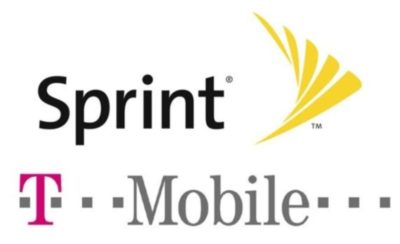Judge Victor Marrero of the United States District Court of Southern New York ruled this morning in favor of a merger between Sprint and T-Mobile. In the case of the State of NY, et al vs Deutsche Telekom, et al, Marrero ruled “the Plaintiff States have failed to prove a violation of Section 7 and thus declines to enjoin the acquisition of Sprint by T-Mobile.” The ruling, in effect, blocks the plan by several states to stop the proposed $26 billion merger between the two carrier giants. Sprint shares are up 70.4 percent pre-market this morning to $8.18. TMUS is up 9 percent to $92.23.
The text of the judge’s conclusion follows:
“The Proposed Merger is not reasonably likely to substantially lessen competition in the RMWTS Market.. despite the strength of the Plaintiff States’ prima facie case, which might well suffice to warrant injunction of mergers in more traditional industries, a variety of consideration raised at trial have persuaded the Court that a presumption of anticompetitive effects would be misleading in this particularly dynamic and rapidly changing industry. T-Mobile has redefined itself over the past decade a maverick that has spurred the two largest players in its industry to make numerous pro-consumer changes. The Proposed Merger would allow the merged company to continue T-Mobile’s undeniably successful business strategy for the foreseeable future.
While Sprint has made a valiant attempt to stay competitive in a rapidly developing and capital-intensive market, the overwhelming view both within Sprint and in the wider industry is that Sprint is falling farther and farther short of the targets it must hit to remain relevant as a significant competitor.
Finally, the FCC and DOJ have closely scrutinized this transaction and expended considerable energy and resources to arrange the entry of DISH as a fourth nationwide competitor. DISH’s statements at trial persuaded the Court that the new firm will take advantage of its opportunity, aggressively competing in the RMWTS Markets to the benefit of price-conscious consumers and opening for consumers to use a broad range of spectrum that had heretofore remained fallow.
Accordingly, the court concludes that Plaintiff States have failed to prove a violation of Section 7 and thus declines to enjoin the acquisition of Sprint by T-Mobile.”





Reader Interactions